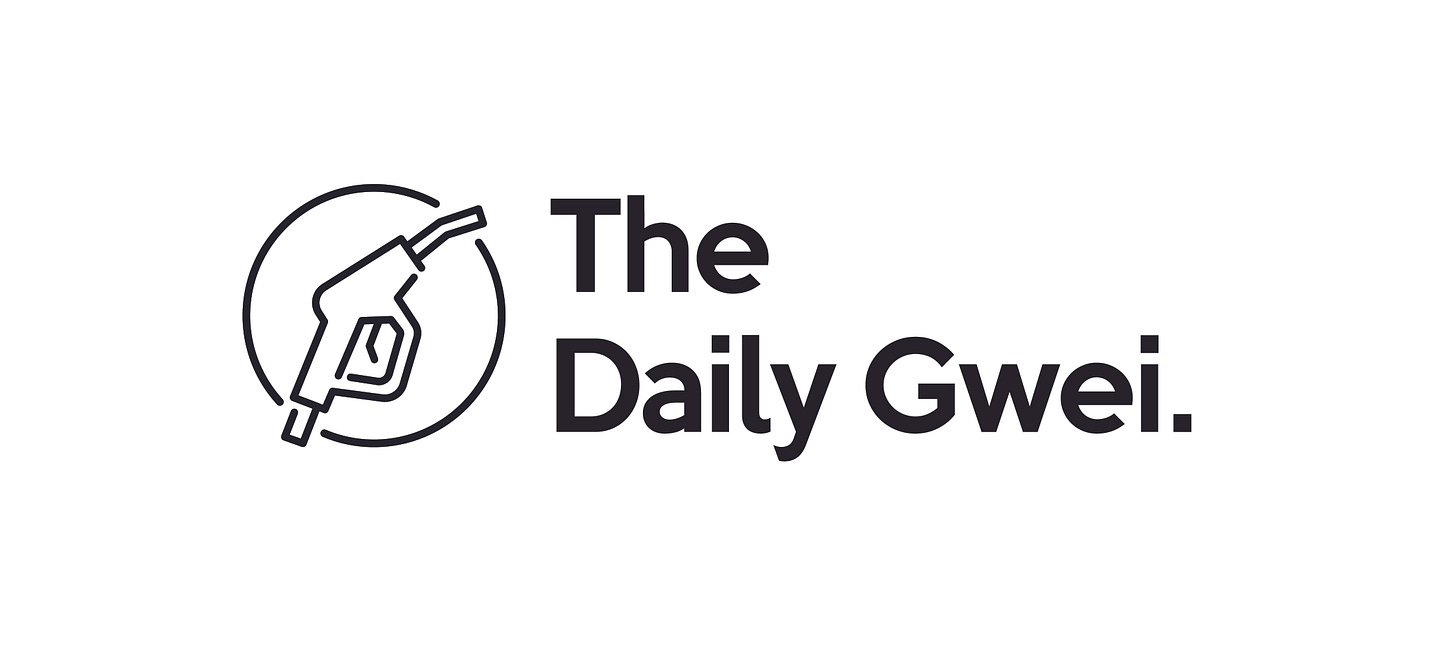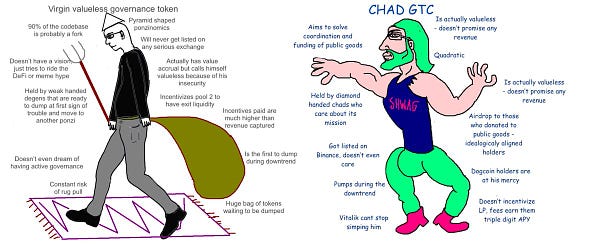The ability to create a token on Ethereum has been around since basically day 1 and there’s been many iterations of them over time. From “utility tokens” that were sold through an ICO to the recent explosion in “governance tokens”, the Ethereum community has seen their fair share of token experiments. I think that this colorful history has given tokens a bit of a bad reputation and some consider tokens to be completely useless - but, like most things in Ethereum, there is much more nuance to tokens than meets the eye.
An ERC20 token on Ethereum is first and foremost a coordination tool that allows people from all over the world to come together and coordinate around a common goal (with potential monetary upside due to holding the token). The clearest example of this is what we’ve been seeing play out with the “governance tokens” that various DeFi protocols have issued over the last few months (something that has come to be known as “exit to community”). These tokens are normally sold as “valueless” (for regulatory reasons) and token holders can use them to vote on protocol changes via a soft vote (usually a Snapshot vote with a change implemented via multi-sig) or an on-chain binding vote (Maker and Compound use this). The point of these tokens is really to “decentralize” the protocol and create a sense of shared ownership with the various stakeholders that use and steward the protocol.
One thing that tokens are commonly criticized for is their distributions as many of them are usually gobbled up on the cheap in early investment rounds (some projects can have 50% or more of their tokens allocated to team and investors). People rightly point out that if a token distribution is too centralized or too skewed towards a certain set of people, this can have an incredibly detrimental effect on the project’s ability to attract a lasting community. As a related factor to this, tokens are also commonly criticized for their release schedules - we’ve seen plenty of tokens bleed out in value because of aggressive liquidity mining campaigns that essentially create a perpetual “farm and dump” mechanism where passive holders eat heavy losses.
On top of all of this, many of the tokens that exist today are considered “useless” because they don’t capture value from protocol revenue or via other means like staking. I think this is a short-sighted view because many DeFi protocols are still incredibly young and I believe that most of the revenue that they generate should be reinvested back into growing the product/service rather than paying out to passive holders. I’m a big fan of the approach that a protocol like Aave has taken where the protocol collects revenue and pays out a portion to AAVE stakers who act as an “insurance pool” for the protocol - effectively providing an incentive for AAVE token holders to stake while protecting the protocol in case of a major loss (due to an exploit or some other event).
I’m sure that we’re going to keep seeing all sorts of token experiments play out for years to come - most will fail but some will go on to have market caps of $100’s of billions of dollars while being used to govern trillion dollar networks - we’ve really only just scratched the surface when it comes to tokens and the governance + mechanism design that goes along with them.
Have a great day everyone,
Anthony Sassano
Join the Daily Gwei Ecosystem
All information presented above is for educational purposes only and should not be taken as investment advice.







Do you know of any sites that have a list of all governance tokens with what benefits you get from each? P/E ratios would also be nice to analyze them like a stock.